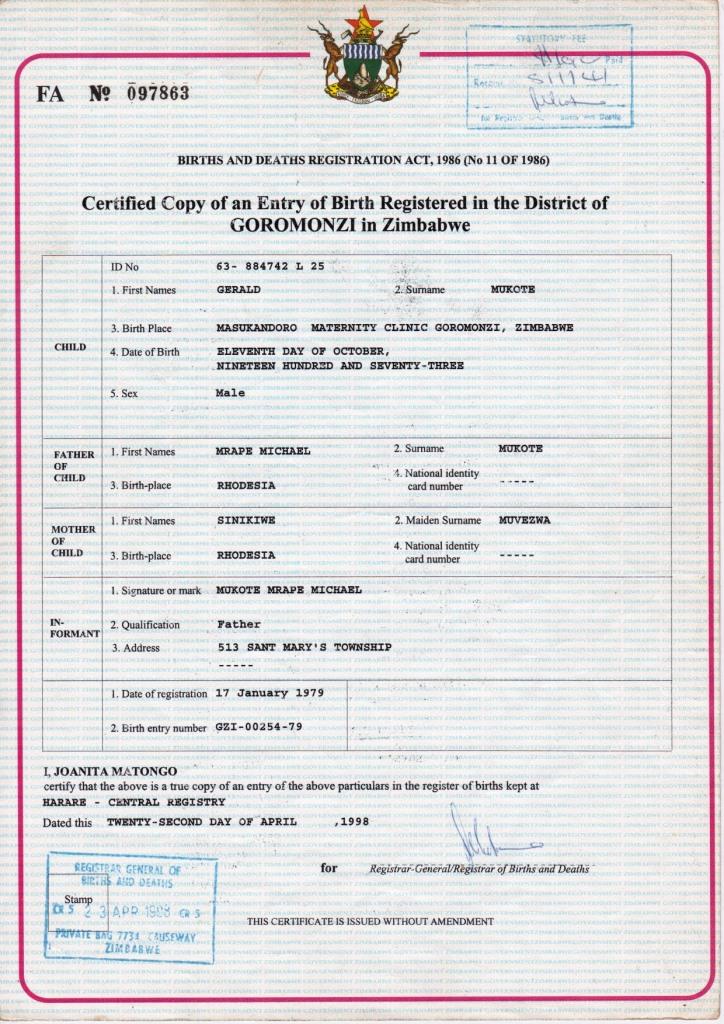By Fanuel Chinowaita
Hobhouse, Mutare – June 5, 2025
United Mutare Residents and Ratepayers Trust (UMRAT) held a plenary discussion yesterday in Hobhouse Ward 17 as part of its ongoing Access to Documentation (ATD) awareness campaign.
Now in its third year, the initiative helps residents access essential documents such as birth and death certificates and national identity cards.
The program is supported by the Legal Resources Foundation (LRF) and the Zimbabwe Human Rights Commission (ZHRC).
UMRAT Programs Officer Prince Chabuka said the discussion was aimed at evaluating the impact of their outreach efforts.
“This discussion allows us to hear from the beneficiaries themselves and evaluate whether the awareness efforts are working,” said Chabuka. “The right to documentation is just as important as the right to water. Without documents, you cannot access education, employment or even vote.”
Several residents shared testimonies during the session.
“I managed to refer four children to get birth certificates after learning from the awareness campaigns,” said one woman from Hobhouse.
Another participant said, “I helped an elderly woman to acquire a birth certificate and an ID. It wasn’t easy because witnesses were needed, but we managed. That also helped her child, who was able to register for Grade Seven exams.”
There were also accounts of the challenges faced by families due to centralized registry services.
“My relative died in Penhalonga, but we were told to go to Mutasa to get a death certificate. Travelling that far is expensive for us,” said one woman.
Another participant recalled how lack of documentation nearly cost a girl her education.
“A girl from my church couldn’t go to school because she didn’t have a birth certificate. Her father died when they were still in the rural areas, and when they came to town, her mother couldn’t register her,” she said.
Concerns were also raised about errors in official documents.
“My child is in Grade Seven, but the birth certificate says she is the age of a Grade Three child,” said another mother. “The Registry office refused to correct it unless the father comes, but we are divorced and I don’t know where he is. Even with letters from the councillor and school, they still refused.”
Chabuka encouraged affected residents to seek help from LRF, ZHRC and UMRAT.
“If such problems happen again, contact Legal Resources Foundation. They can assist with legal and procedural support,” he said.
The session ended with calls for government to decentralize civil registration services.
“The Registrar’s Office must come to the people. They should issue birth certificates at hospitals, especially for newborns,” one participant suggested.
UMRAT said similar discussions are taking place in Sakubva and other communities, where the campaign is reportedly gaining traction.

